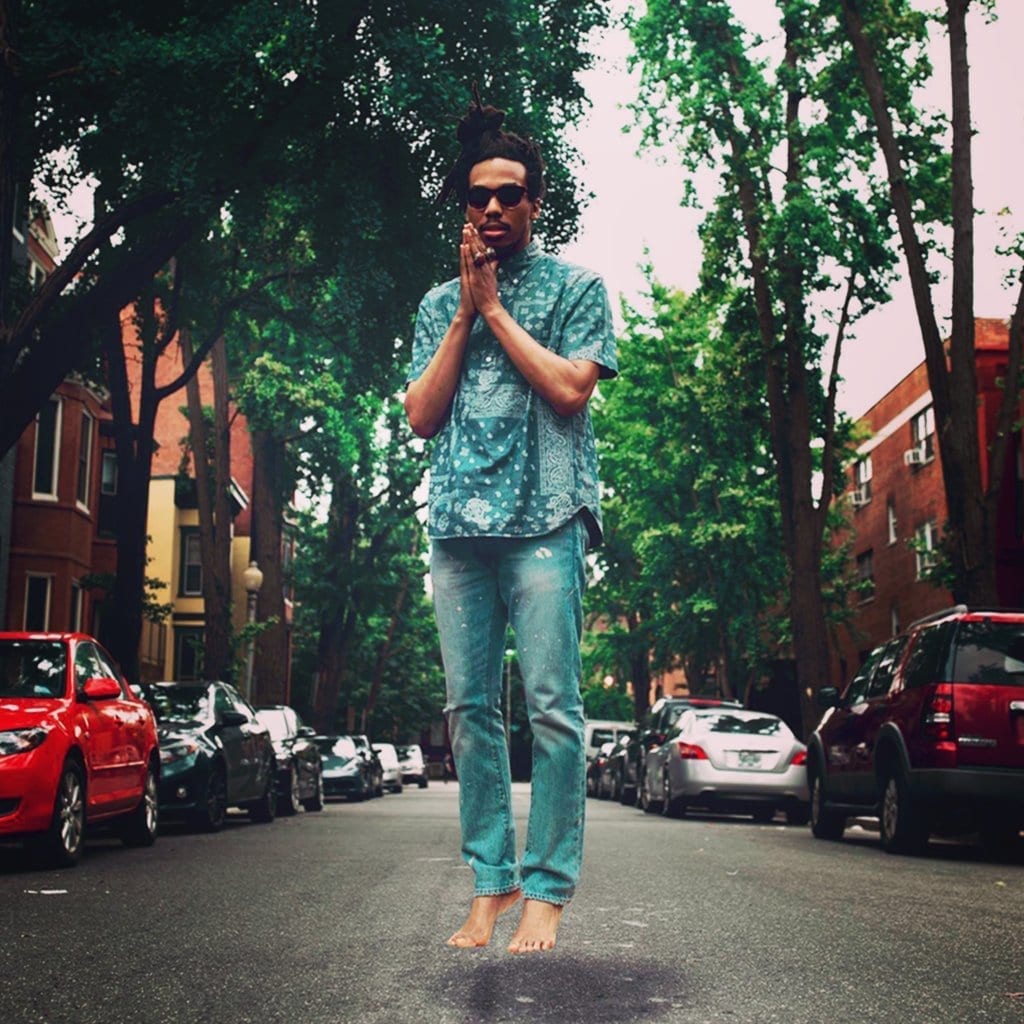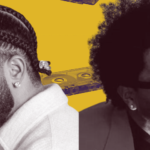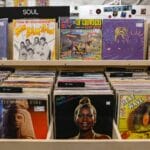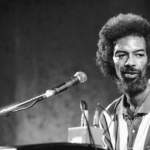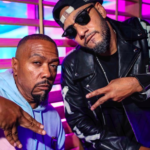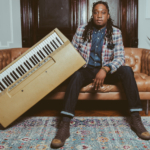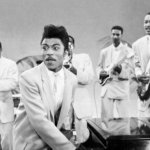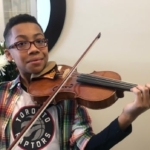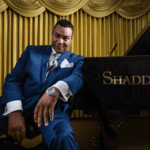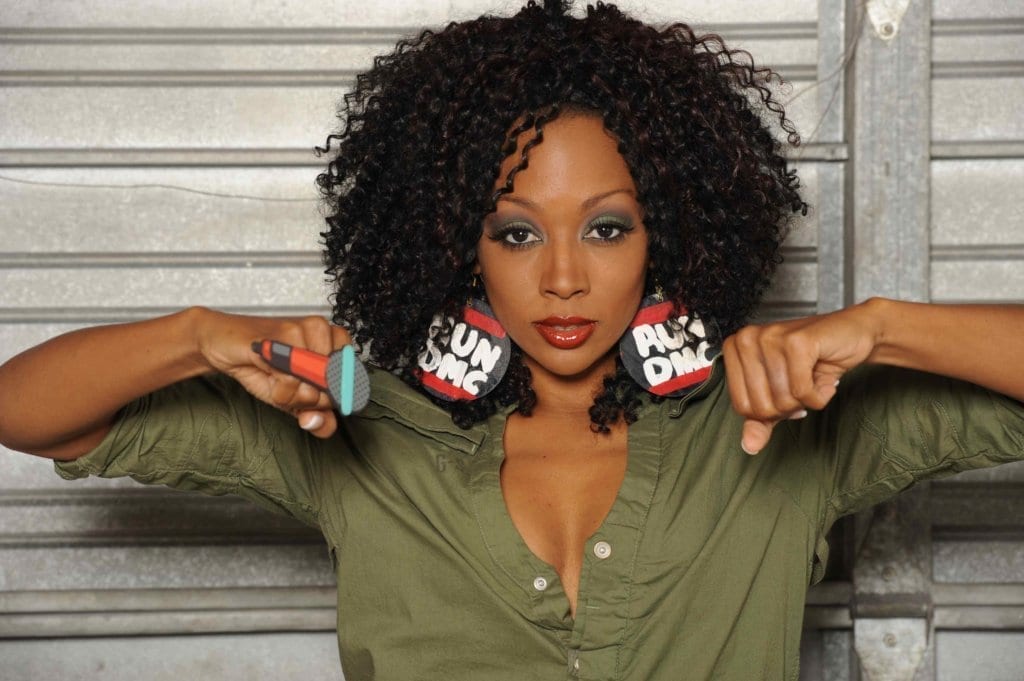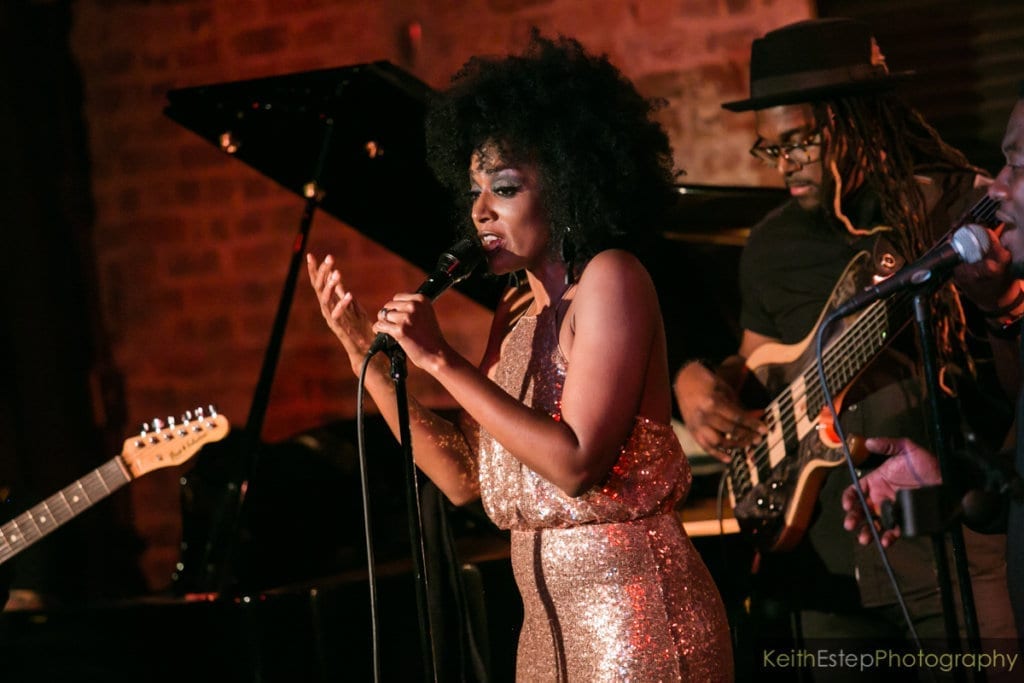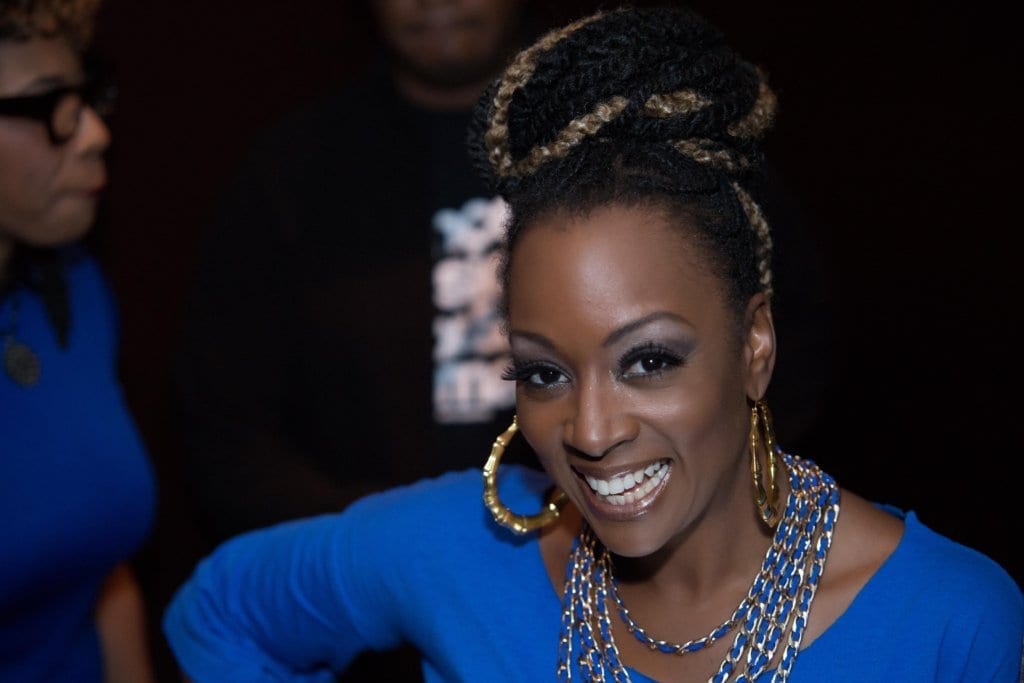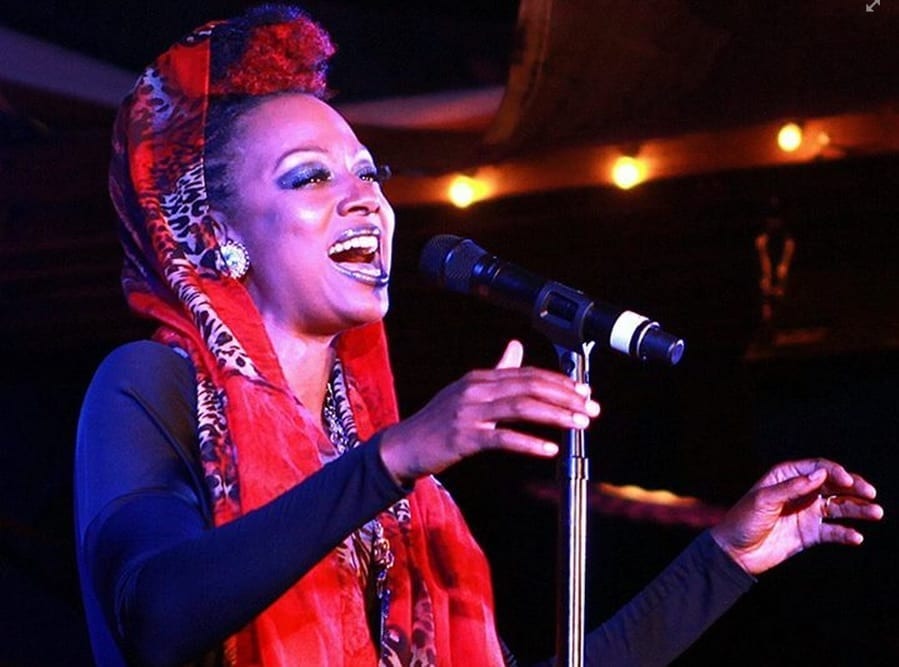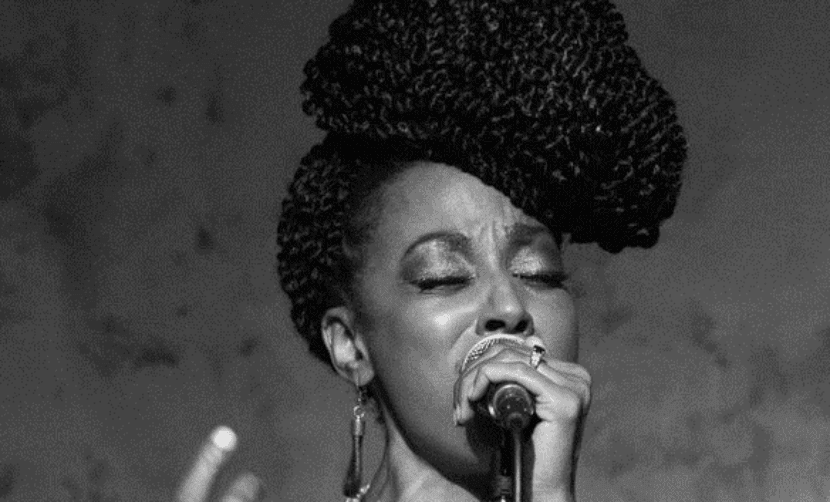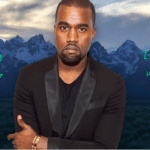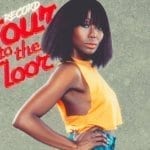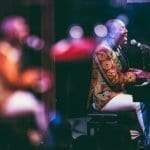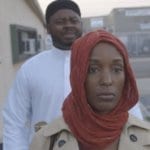The New York Times hit the nail on the head when dance and cultural critic Roslyn Sulcas deemed tap dancer Joseph Webb “no doubt, a natural star,” albeit “too hard to categorize.” This is because he, like other prolific triple threats, has managed to trip the light fantastic as a seasoned professional dancer, Broadway actor, and emcee. And that’s when he’s not pouring into younger artists as an educator, or choreographing staged productions for his company, Dancing Buddhas.

There’s something quite electric about coming into the presence of the eclectic Mr. Webb, who not only found critical acclaim in the award-winning musical “Bring in ‘da Noise, Bring in ‘da Funk”, but has become an international sensation in his own right. A working artist and entrepreneur, Joseph Webb has honed his strategies and sensibilities as an independent artist navigating the world of entertainment for over twenty years.
In this interview, Shoppe Black delves into Webb’s wisdom and experiences over the last decade, particularly with the release of his debut and sophomore recording projects, Beautiful Fire in 2008, and For Starters in 2018.
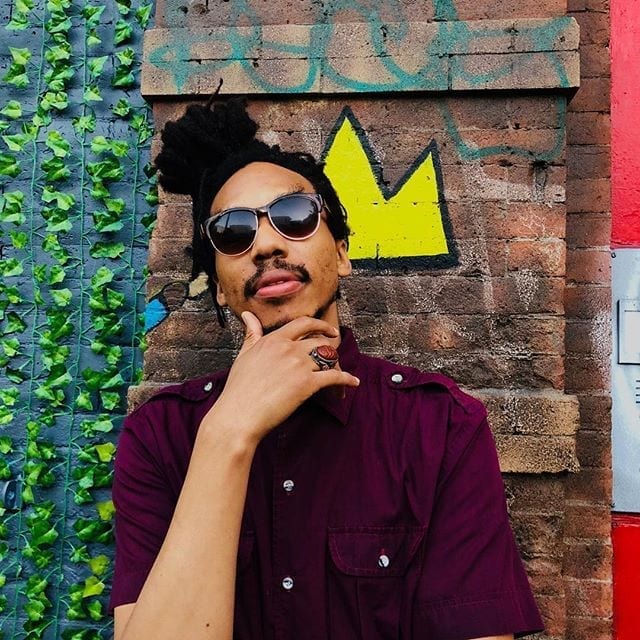
SB: Like so many artists, there are many iterations of yourself. Tell me about the entrepreneurial intersectionality of Joseph Webb.
JW: I’ve been blessed with a variety of gifts and talents, and I do my best to cultivate these gifts. The most common themes that have always been present in my work are music and dance. In particular, hip-hop/jazz and tap dance. I started studying movement at the age of six years old and while I took classes in varied styles, I gravitated towards tap dance.
As I began researching this rich artform while studying the physical discipline, I immediately began to notice the correlation between movement and live music. For instance, take a look at the legendary Nicholas Brothers’ scene in the 1943 musical classic Stormy Weather (and many other films of this era). In that famous footage you see the synergy of tap dancers and musicians interacting with each other, rhythmically and melodically.
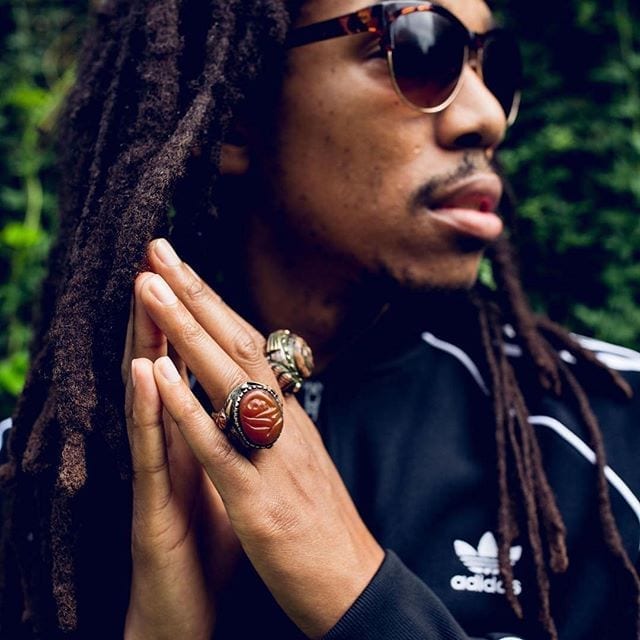
I began writing poems, short stories and rhymes in my teens, around the age of 15 or 16. It was an organic process that seemed to just spout over time and, of course, I was inspired by hip hop culture, but also by jazz vocalists like Eddie Jefferson, Ella Fitzgerald and Sarah Vaughn. After joining the Broadway show “Bring in ‘da Noise, Bring in ‘da Funk”, I hooked up with the assistant conductor of the show, Lafayette Harris Jr., and created my first musical recording. It incorporated live music, poetry, emceeing and tap dance in 1996 and 1997.
There are things I can say vocally that I prefer to say with my feet, and vice versa. This combination of tapping while delivering original lyrics would eventually become a part of my signature style… I wasn’t thinking of it in that way as I was coming into my own as a developing artist. I was just doing what was on my heart and it ended up happening this way. Folks would say “Oh, that’s the lyrical hoofer!”
SB: It’s been ten years since your last studio recording, Beautiful Fire, but you’ve been really busy working an an artist entrepreneur. What are some of the business ventures you’ve cultivated outside of recording? What fulfillment is found in working on these ventures, regardless of how long they last?
JW: We don’t have that much time here on earth. Inshallah, I’ll live to see another 60 years. With this being said, if there is an idea on my heart that needs to be explored and cultivated then I usually do so. Over the years I’ve been a manager of a raw vegan juice bar in Harlem, an artistic director of a dance studio in Washington D.C., a tap dance instructor, and a choreographer. The latter two I’m still very much involved in.

Life is based on experiences along with our relationships (emotionally, mentally and physically) within these experiences. I don’t know if it’s about fulfillment as much as opening the proverbial door, walking in and seeing what’s on the other side of our ideas. It’s really important to go and explore what’s on our hearts. Sometimes we’re fulfilled, and other times it’s more of a learning lesson.
SB: Tell me about working with your Grammy-nominated collaborator, Nate Jones On Bass, the new EP, For Starters, and particularly how it came about so long after your last studio album?
JW: I would be remiss if I didn’t say that… while I feel my first digital platform release, 2008’s Beautiful Fire, was a brilliant album I had big hopes for that project and what it could do for my musical career. So, while things didn’t pan out as I had hoped (which is another story altogether), I wasn’t that eager to put out another musical project so quickly. I have an arsenal of unreleased music that was recorded during this hiatus… I may release a few from this batch in the new year. When our schedules align, Nate Jones, my producer for Beautiful Fire and For Starters, and I are always working together in the studio and coming up with inspired work that I feel is unique in its own right. Over the last two years I’ve had many fans send me emails and messages asking for more material. This, coupled with some challenges that I’ve had over the last two and a half years, motivated me to release For Starters, and I’m grateful for the feedback thus far.
Nate Jones On Bass is a busy man, though, as you can imagine. Between his touring with artists like Trey Songz or in the studio with J. Cole, we have to jump on opportunities to sit in the same room and vibe on a track. So, whenever I can get him in the studio I take the chance. This can be a series of consistent back-to-back sessions or spread out over 2-6 months, depending on our schedules.
At this point, we have created an arsenal of material. I would call them different batches with varying vibes. The two singles on For Starters are part of one of those batches. Fans can expect a live band vibe like the Beautiful Fire album, but I feel lyrically I’m sitting more in the groove and spirit of the music. This was made for the fans, but equally as much for both of us. I don’t listen to my music that often, but I’ve been listening to this project.
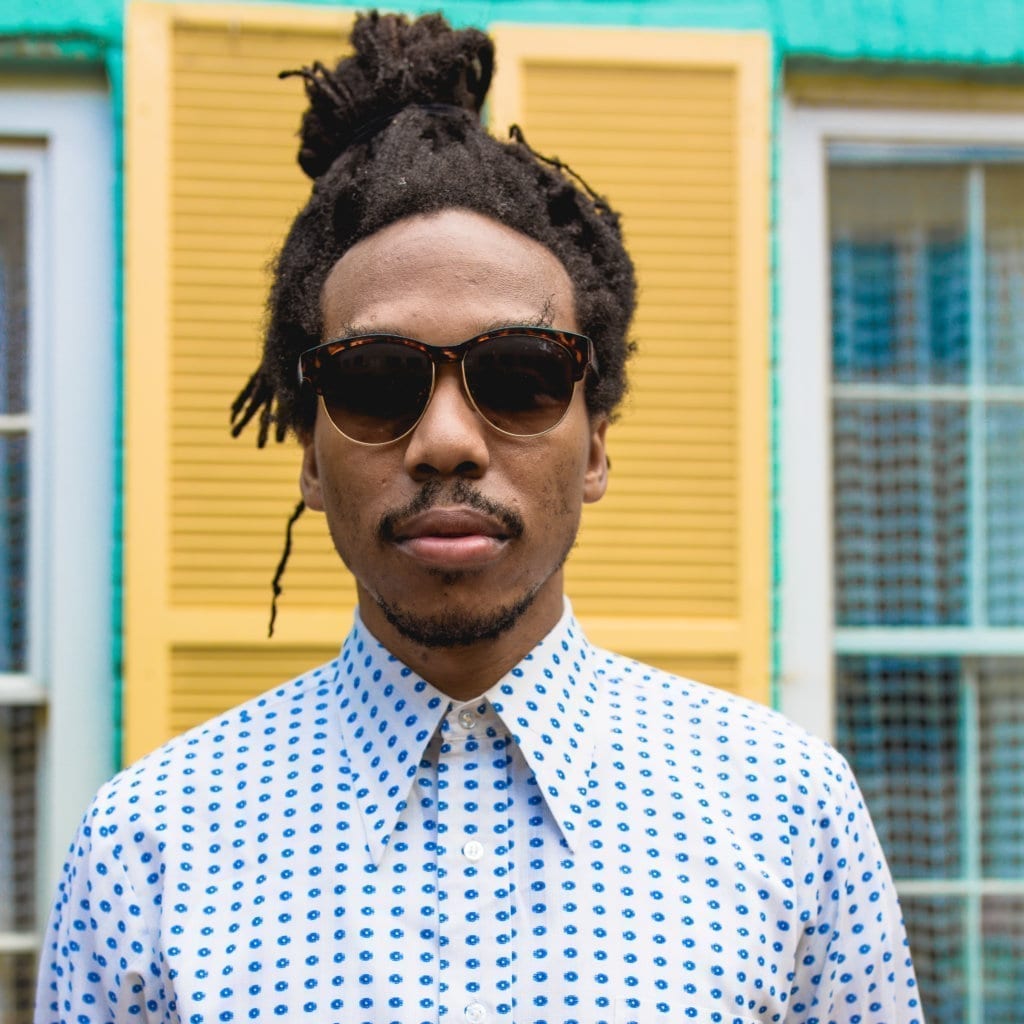
SB: How has your solo career influenced you to start Long Arms with your love and life partner, Baredu Ahmed?
JW: I’m an individual. I like to be alone. I can do a retreat for two weeks to a month and not see another human being, yet be totally okay. I also like to work alone. However, I’ve always known the power of working in a group and/or a partnership. I’ve explored other partnerships in the past, and this one with my significant other Baredu Ahmed, who is a brilliant composer and flutist, feels balanced and right.
We’ve collaborated musically before on a show with my company, Dancing Buddhas, where she was the composer, and the work was well received. We naturally decided to form a group, Long Arms (LA), that allows both of us to create in a way that’s uplifting for our individual selves while challenging each other in a positive and constructive light.
SB: What comparisons can you make to other duos, particularly romantic duos, who are creating music and art together? What is the brand, style, message of Long Arms (LA)?
JW: I don’t know if we could or should compare to other romantic duos. Because the ones that come to mind are just so different and have their own flavor (Sonny and Cher, Prince and Sheila E, Kindred the Family Soul). And I’m hesitant to brand LA because what we are giving is a feeling. Both of us go with the flow and go where the music that we’re making takes us. And we can really flow in and out of a genre without leaning too much in one direction. But we are most definitely dedicated to, and were born out of, the love for jazz, hip hop, soul, and funk. That is probably the clearest influences in our style and music.
SB: Can you talk about the roles of discipline and motivation as a working artist/entrepreneur, and the drive or hunger for success?
JW: Discipline and motivation are major keys (in my Khaled voice). These two elements have shifted for me over the years, as well as my drive for success. Success for me at an earlier age was rooted in folks across the globe knowing my name and the art that I produce, and my discipline and motivation was geared towards this end. So, while I still dig this notion, my concept of success has changed with age.
My personal well-being is very much connected with my art and the notion of success now. For me success is making sure you’re creative artistry is being nurtured and groomed while simultaneously nurturing and grooming your personal and family relationships. These two may not always be balanced but they do complement each other for me. I can’t be a successful entrepreneur if my concept of home isn’t being groomed, as well.
What has twenty plus years in the game as a working entertainer taught you that is relevant to the next artist who is grinding toward their big break?
JW: Being true to your vision is vital. Support and collaborate with other artist but don’t compare yourself to anyone. This is a sure way to be frustrated, and even set oneself up for failure. Being uncomfortable often leads to growth. And at the end of the day make sure you can sleep at night. No sense in obtaining your big break if you’re not pleased with how you got there. Oh, and love on yourself so you can love on others.
SB: What’s next?
JW: I will be releasing a project produced by my good friend Ra-Re Valverde that I’m very excited about in the upcoming year. Long Arms will also be presenting a project at Harlem Stage in May entitled Messages From Umi, and we’ll also look forward to releasing our debut EP in 2019.
– Contributed by Mai Perkins
Mai Perkins is Cali girl in a Bed Stuy world, with several blogs under her belt including Uberlicious.nyc and MaiOnTheMove.com. She is a contributing writer for the music publication Pop-Mag.com, and has written for Relevant and Bust Magazine.
With an MFA in Creative Writing from Sarah Lawrence College, and an MA in International Affairs from The New School, she reps her beloved alma mater, Howard University, every chance she gets. As a poet and a non-fiction writer, she has just published her first manuscript, The Walking Nerve-Ending, available now on Amazon & Kindle.

Insta: @flymai16
Twitter: @flymai on Twitter

